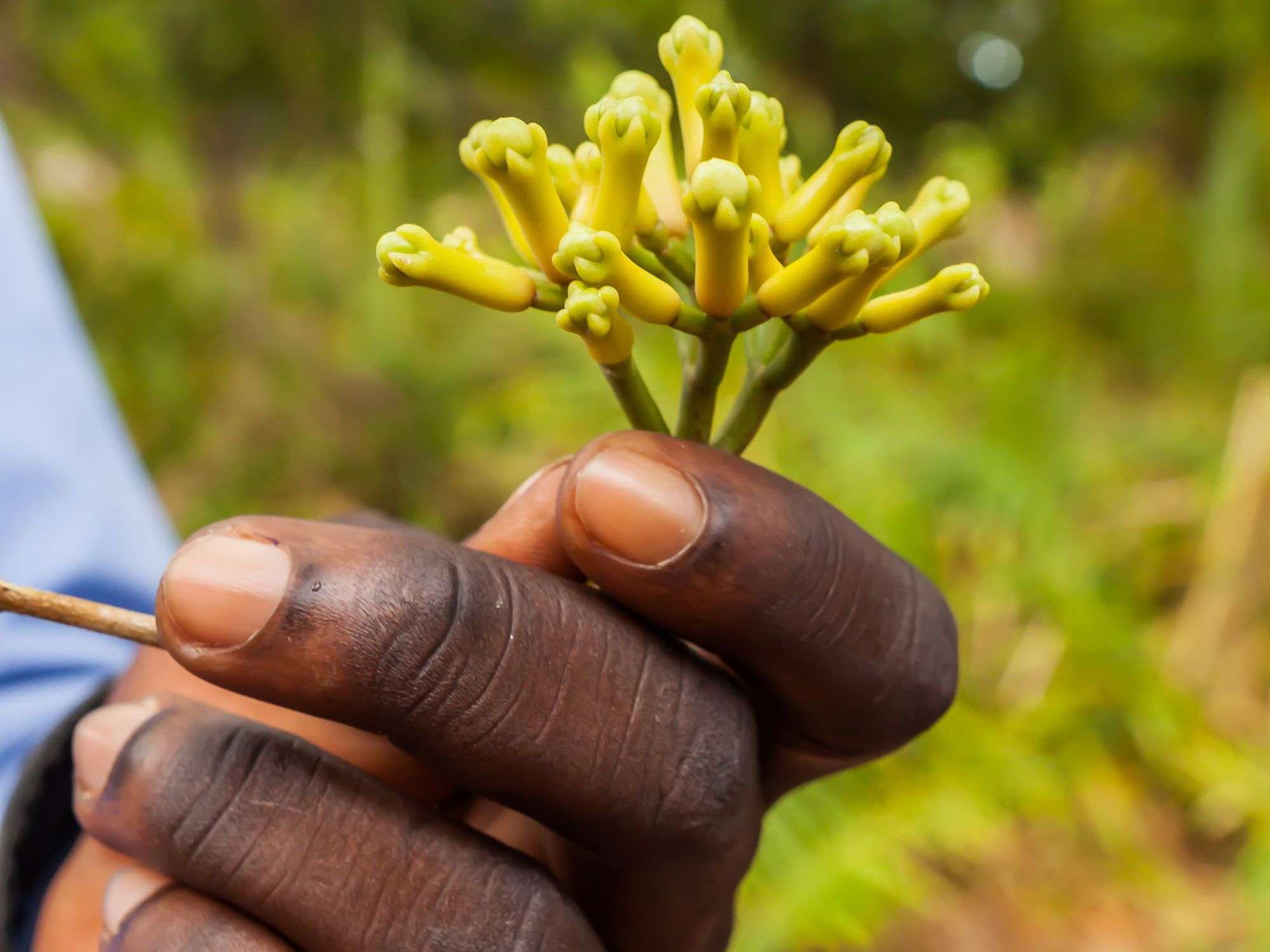
Zanzibar, an archipelago off the coast of Tanzania, has earned its nickname, the “Spice Island,” for a reason. It produces 70-80% of the world’s cloves, a vital spice that has shaped its history and economy for centuries.
The island’s fertile soils and warm, humid climate create ideal conditions for clove cultivation. Introduced by Arab traders in the 19th century, cloves quickly became Zanzibar’s signature export, placing it at the heart of the global spice trade. Today, vast plantations stretch across the island, filling the air with the rich, aromatic scent of drying cloves during harvest season.
Cloves, prized for their culinary and medicinal uses, remain a cornerstone of Zanzibar’s economy. They are used in everything from spice blends and desserts to perfumes and traditional remedies. The industry supports thousands of local farmers and plays a critical role in sustaining rural communities.
Beyond agriculture, Zanzibar’s clove heritage is a draw for tourists. Visitors can explore spice farms to learn about the cultivation process and experience firsthand the island’s deep connection to its spicy legacy.
As Zanzibar continues to thrive as a major clove producer, it also reflects on the importance of preserving this heritage. Efforts to balance agricultural growth with environmental conservation ensure that the “Spice Island” retains its aromatic crown for generations to come.
